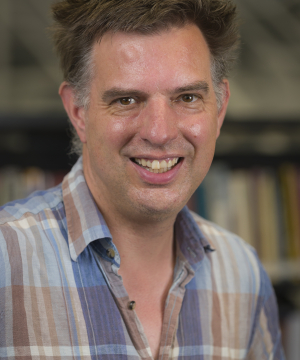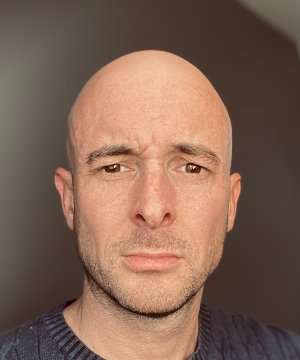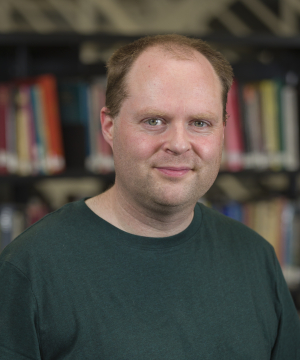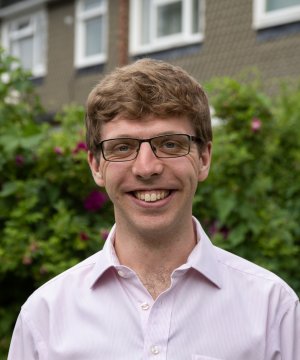Course details
At Homerton
At Homerton we take about 10 mathematics students each year. In conjunction with Gonville & Caius and Girton Colleges, we run a pre-sessional course in the week before the start of Michaelmas Term to make sure all our students are well prepared for the Mathematics course ahead. As at the vast majority of Colleges in Cambridge most of your supervisions — that is to say teaching in small groups of students (typically two) — will take place at Homerton and be taught by staff within the College for the first two years of study.
In the third year, supervisions are arranged by a group of Colleges including Homerton. In all three years you can typically expect to have two hours of these supervisions each week of term. In the fourth year of the course, for those that continue to it, all teaching is arranged centrally by the Faculty. A large proportion of the teaching for the earlier parts of the Mathematical Tripos is handled by our Mathematics Fellows, who cover a wide range of the subjects required.
The undergraduate Mathematics course at Cambridge is world renowned, providing intellectual challenges and rewards in equal measure. The course will provide you with the necessary mathematical tools to answer a whole host of interesting mathematical challenges. All students attend the same lectures, which are organised by the Mathematics Faculty.
During the first year (Part IA) you will study eight courses covering the fundamentals of higher mathematics. This gives you a broad mathematical knowledge base from which you can begin to specialise. In the second year (Part IB) there are 16 courses available, many of which are direct extensions to material seen in the first year. You will choose some subset of these that suit your strengths and tastes. The third year (Part II) offers 35 courses in total, ranging from Mathematics of Machine Learning to Algebraic Topology. You will pick somewhere between eight and 12 of these courses to study. There is an optional fourth year known as Part III. This course has a worldwide reputation and is most commonly used as a stepping stone into research. Approximately one-third of the students in the third year will continue onto this fourth year, where they are able to gain extremely specialist knowledge in a host of advanced areas. There are about 75 courses to choose from.
We are looking for students who have the academic ability and potential to succeed on the course, as well as the necessary interest in and motivation for the subject.
In order to explore Mathematics in more detail we would recommend the introductory reading for prospective applicants and offer holders listed here. You can also find the offer holder reading list available here.
You can explore your chosen subject through the Homerton Resources page. We would also recommend familiarising yourself with STEP (see below).
STEP preparation
We use the STEP exams because the questions give a better reflection of those found in Cambridge Mathematical Tripos. The style of STEP questions can be quite different to those that you're used to, often requiring big intellectual leaps. You shouldn't be at all worried if you find STEP questions very difficult at first — they take some getting used to. There are a variety of resources available online, for example:
Admissions Assessment: There is no admission assessment for Mathematics, but interviews themselves will involve doing maths that will be challenging. If you are made an offer to study Mathematics this will include a requirement to achieve at least 1, 1 in STEP 2 & 3.
Written Work: There is no written work requirement for Mathematics.
Our graduates have gone on to do PhDs, joined technology firms, gone into finance, trained as teachers and much, much more.



